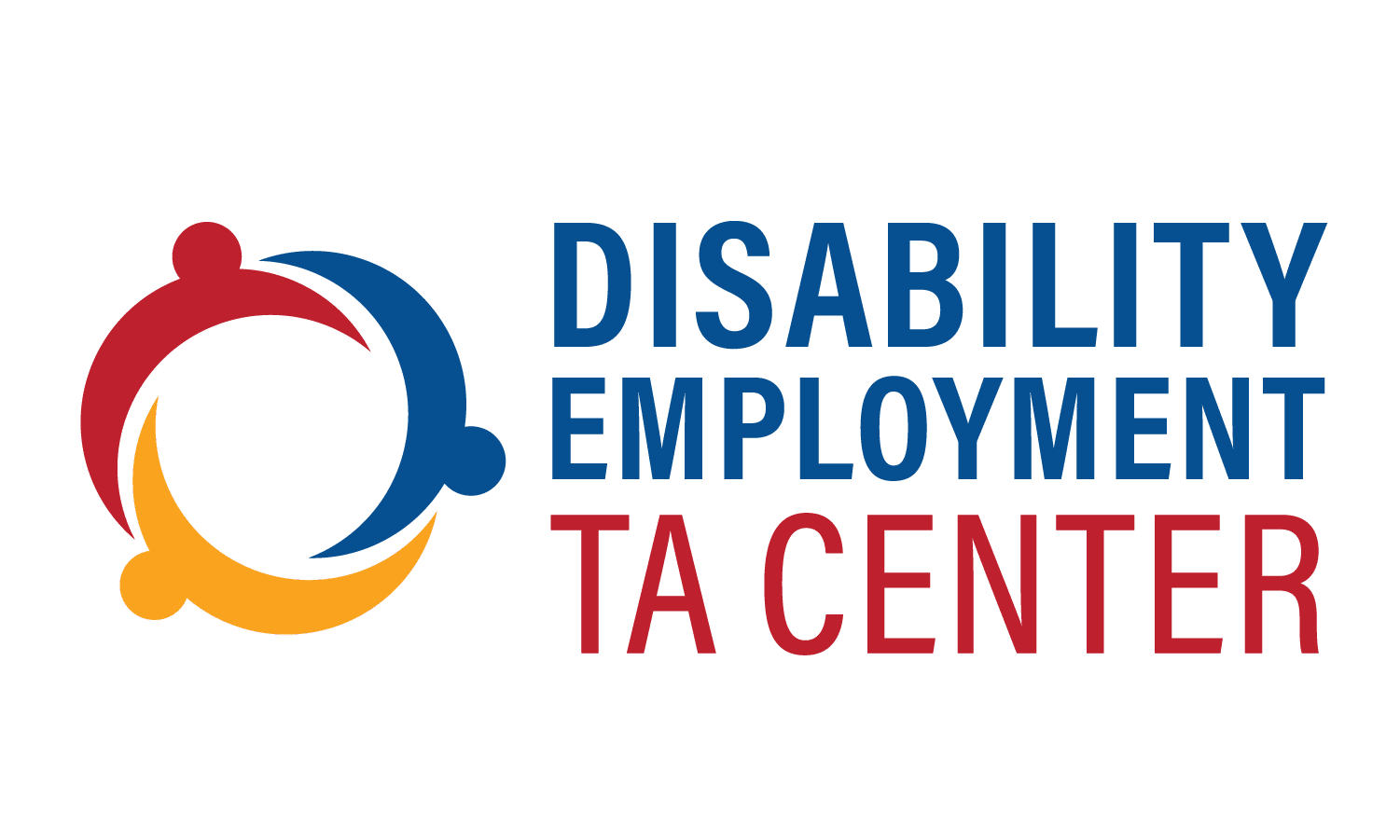How Centers for Independent Living (CIL) can Promote Transportation Options in Rural Areas: Developing a Transportation Program
CILs can play an important role in advocating for and developing transportation options for persons with disabilities living in rural areas of the United States. Following the Olmstead decision in 1999 where the Supreme Court ruled that persons with disabilities have a right to have government funded supports and services provided in the community, challenges remain for persons with significant disabilities living in the community and outside of institutional settings. One of the barriers to being able to live in the community is access to transportation options so that persons can be employed, receive health care, access goods and services and be an active part of their community. Based on feedback from consumers of Center for Independent Living of Western Wisconsin (CILWW) services, it was evident that the lack of affordable and accessible transportation was a barrier in CILWW’s ten county service area.

